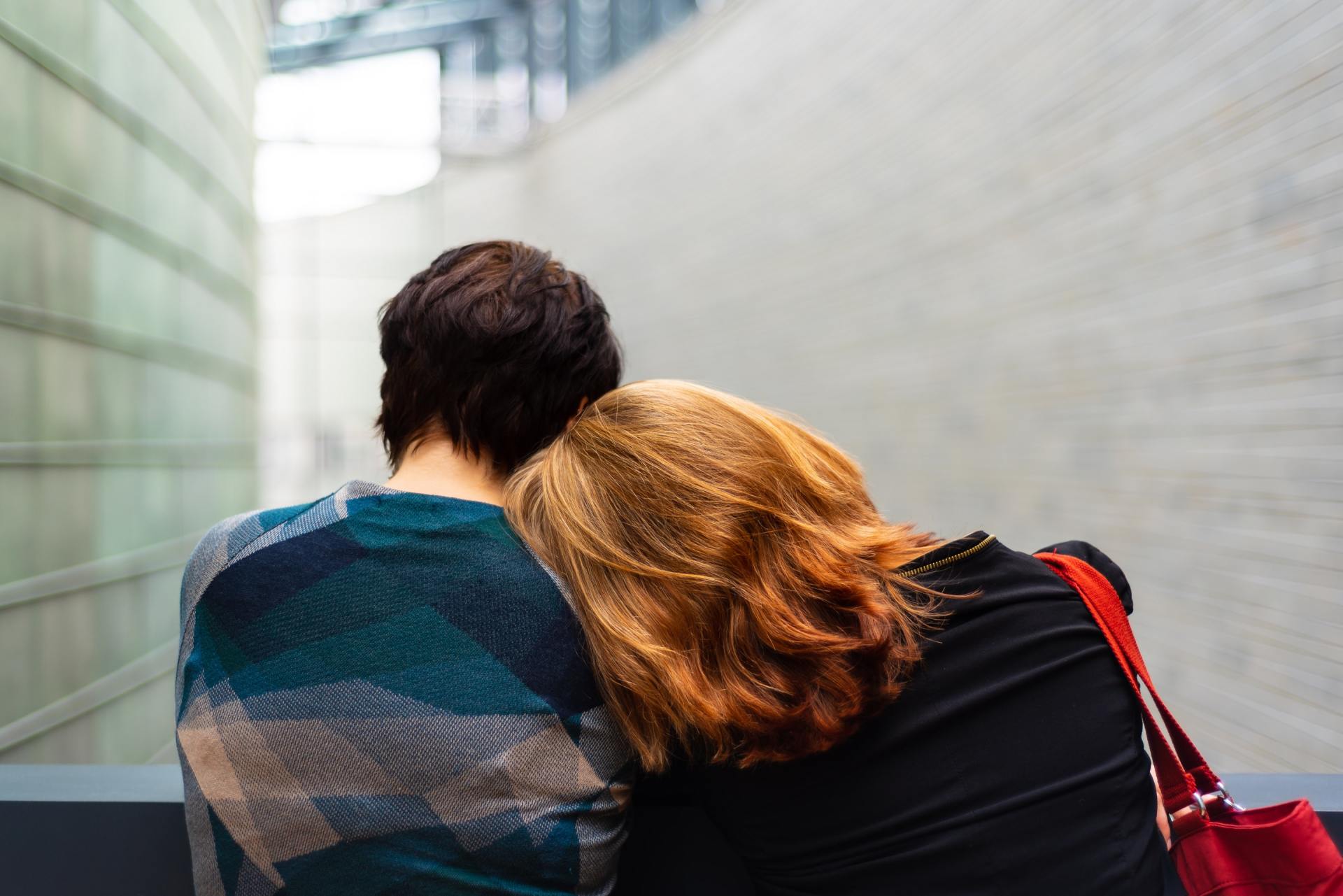
There is nothing more painful than watching a child or adult you love – with every cell of your being – do relentless harm to themselves and not be able to stop it, regardless of everything you try to do. Your loved one's journey from addiction to recovery will challenge you in ways you never thought possible. You will endure deep and unrelenting pain and grief that others, not experiencing this, will never understand. You will bear this pain mostly alone, even if you have some type of support system, because this is your personal journey. Having a family member with this disease will test your marriage, as well as, your relationships with your other beloved children. It will affect every relationship you have, as your desire to save your loved one's life, can become consuming. It can take you to the edge of your sanity where you may feel like you are actually fighting for your own life at some points. Because just like your addicted child is on a journey to healing; so are you. You just may not know this yet. Professionals will tell you to let go and “let them hit bottom”. Or they will tell you to “let go and let God”. Question everything the “professionals” tell you. It may very well be that at some point in this journey, you will have to let go. But when is the right time to let go? Is it wise to let go of a 17 year old who, even when healthy, has an undeveloped brain, and does not yet have the set of life skills needed to cope and reckon with something as powerful as addiction? My heart goes out to every parent, sibling or family member who must make their way through this horrendous disease. You are some of the bravest people I know. Not only are you fighting for your loved one's life, just like the parent of a child with cancer would do, but you are doing so in a culture filled with judgment, and in a medical community who as yet does not have the complete answers on how to help. I will say this. Some families have never been challenged to the degree that your family is being challenged. Other families may never experience the depth of pain, confusion, and heartache that you feel. Their love for each other may never get tested like the condition of addiction will test your family. Yet, at the same time, they may never get the opportunity to fully develop the unconditional love that ultimately blossoms as you walk this path that you have unexpectedly been put on. My messages to you would be: • Fight for your son or daughter until they can fight for themselves. Help them get the tools needed for recovery before you just let go. • Take good care of yourself. Face your fears and emotions and learn from them. These emotions are taking you towards a greater kind of love, if you listen. • Get information from those who have gone before you, but listen to your own guidance about the right action, or even non-action, above all else. No one knows your family member like you do. Recovery is not a one size fits all solution. • Many hard decisions will arise to be made. Sometimes you will have to negotiate or even “enable” to get your addicted one the help they need…until it is no longer helpful to do these things. But get the seeds of recovery planted however you can. • Do not take your son or daughter’s actions personally. Their fight is not with you. It is within themselves. • Do not steal their pain by fixing everything. Pain is teaching them. Yet be smart here too. • Love them. They are not their addiction.
